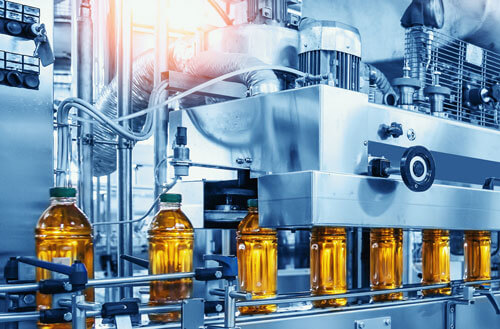Food Processing Industry
DDetail

In the food processing industry, equipment typically needs to meet several standard requirements:
Hygiene and Safety: Equipment must be easy to clean and sanitize to ensure food processing is hygienic and safe.
Energy Efficiency: Equipment should be energy-efficient to reduce production costs.
Production Efficiency: Machinery should be designed for high production efficiency to meet various scales of food production demands.
Precision Control: Equipment should offer precise temperature, humidity, and time control to maintain food processing quality and safety.
Corrosion Resistance: Due to the corrosive nature of some foods, equipment must have excellent corrosion resistance to prolong its service life.
Seals used on equipment in the food processing industry need to possess specific characteristics:
Food-Grade Material: Seal materials must comply with food safety standards to prevent food contamination.
High-Temperature Resistance: Seals need to withstand high temperatures encountered during food processing.
Wear Resistance: Seals should have good wear resistance to ensure stable operation over extended periods.
Corrosion Resistance: Seals must resist corrosion from substances encountered during food processing to maintain sealing effectiveness.
High Sealing Performance: Seals need to provide excellent sealing performance to prevent leakage during food processing and ensure production safety and hygiene.
These characteristics ensure the reliability and safety of seals used in food processing equipment, thereby guaranteeing the quality and safety of food production.